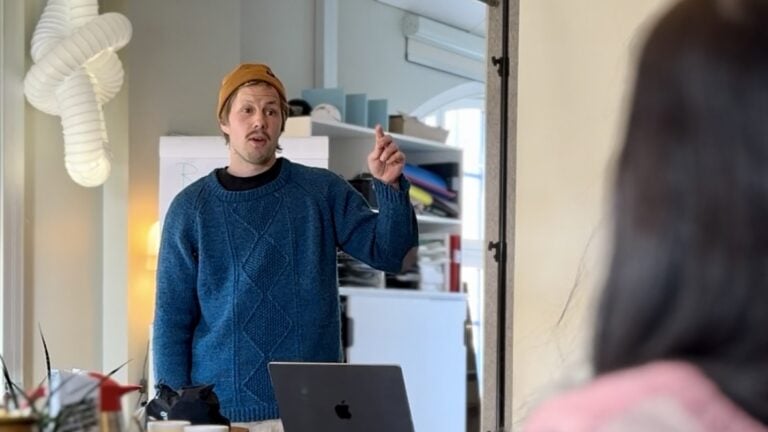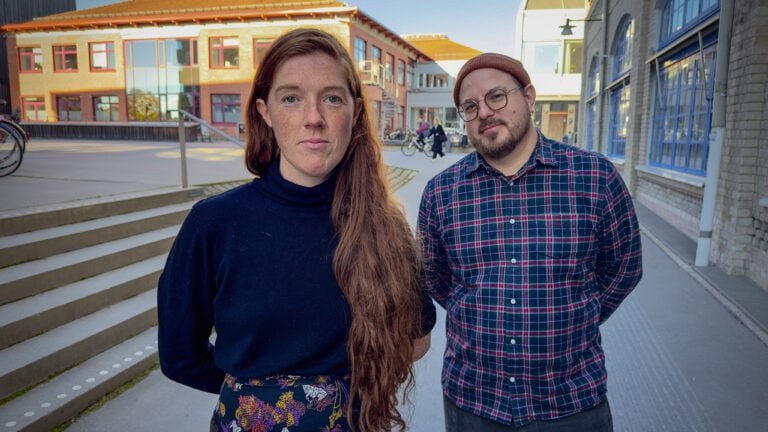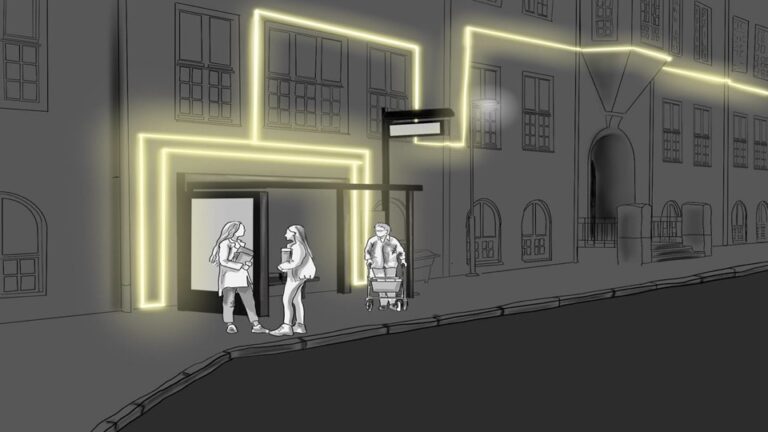On Thursday 22 April, Market magazine hosted a conference on the future of retail, focusing on the transformation of the retail sector. The conference was attended by decision-makers from retail companies and retail officials, among others. Representatives from the supply chain, which provides retailers with goods and services such as real estate or management services, retail equipment, logistics and systems solutions and other types of consultancy, also took part.
The theme of the conference was to make visible and discuss the changing conditions that retailers are currently working hard to address. Speakers raised issues such as how digitalisation affects customer behaviour, how new technology can improve the customer experience and how this in turn affects the customer experience both digitally and in physical stores.
The conference ranged from research-based analysis to case studies where individual companies were given the opportunity to talk about their specific initiatives. Common to many invited speakers was a narrow focus on Sweden's largest cities, which were referred to as "city". Other parts of the country were mainly treated in a more sweeping way and with a general reference to "rural areas".
The conference was opened by Karin Johansson, CEO of Svensk Handel, who in her opening speech painted with rather broad brushstrokes and showed the challenges of today. Johansson also gave an example of the work carried out during the Corona pandemic with the aim of shedding light on trade issues. Among other things, the continuous dialogues with the Public Health Agency, the Riksdag and the government, where support measures and restrictions have been central, were highlighted.
Other speakers included Jonas Arnberg, CEO of HUI Research. Arnberg outlined the transformation that retailers in particular are now undergoing, partly as a result of the explosion in D2C sales and the 40% increase in e-commerce by 2020. Arnberg also discussed the future of retail, talking about 'store crammers' and the importance of analysing the growth of e-commerce and its significance in light of the 3% overall growth in retail. In addition, low-price retail and local trade were highlighted as examples of something that is growing.
Magnus Ohlsson, CEO of Retailomania, who based his analyses on the world political situation as well as current research, began his speech by putting the significance of the corona pandemic for trade in a historical perspective. The aim was to show that trade has always gone through phases of uncertainty and great change and to nuance the image of contemporary trade as particularly crisis-ridden. The approach was generally more problematic in comparison with the other speakers at the conference and thus forced reflection.
Björn Bergman, CEO of Svenska Stadskärnor, emphasised the importance of collaboration between industry, municipalities and property owners for a favourable and future development of places and cities. With refreshingly bright tones, Bergman painted a picture of a future in which cities' premises were used to a greater extent in the form of mixed activities and three-storey models, for example. Bergman also highlighted the importance of rethinking to create attractive places where retail can continue to be a natural part of city centres.
Stockholm Property Owners' Director of Urban Development, Helena Olsson, shared Bergman's view and highlighted key areas with the potential to stimulate the city centre. These, Olsson said, include:
- The unique local
- Learning and education
- Health and well-being
- Meetings and experiences
- Culture
- Services and facilities
Olsson also highlighted that an important prerequisite for creating the city properties of the future is to succeed with a strong anchorage in the identity of the place.
In conclusion, it was noted that the future of commerce will continue to be an important part of both society and business, even if both commerce and city centres will take forms we are not used to. In the light of this foresight, we are already seeing signs of how our own city centre in Umeå is being transformed. For example, the range of services such as estate agents, hairdressers and restaurants is becoming increasingly important in the city centre, while many premises where chains have previously been established are now empty. However, it is important to recall that retail turnover in Umeå municipality has not decreased in 2020 and that all operators in the municipality together employ almost 6 000 people. In other words, retail in Umeå is both important and ongoing, subject to innovation and development.





